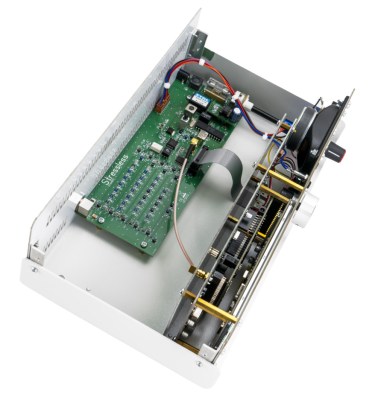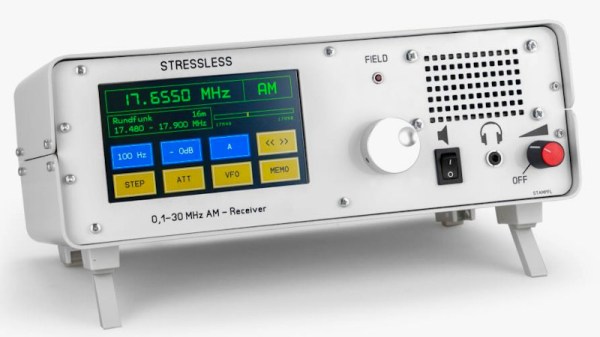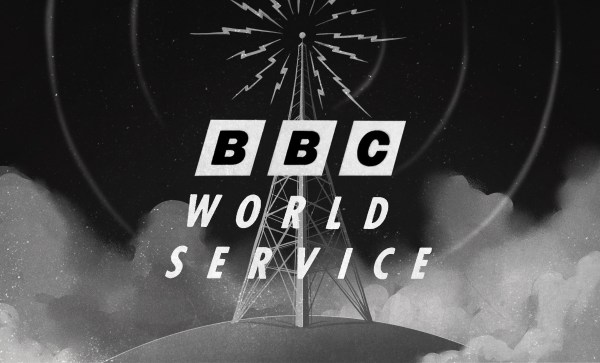[Dan Robinson] picked up a shortwave receiver known as the “stressless” receiver kit. We aren’t sure if the stress is from building a more complicated kit or operating a more complicated receiver. Either way, it is an attractive kit that looks easy to build.
 Presumably to reduce stress, the VFO and receiver boards are already built, so assembly is just a few hours connecting large components and boards. As kits go, this is a fairly simple one. We were surprised to read that the supplier says you can’t upgrade the firmware. We, of course, wonder if that’s true.
Presumably to reduce stress, the VFO and receiver boards are already built, so assembly is just a few hours connecting large components and boards. As kits go, this is a fairly simple one. We were surprised to read that the supplier says you can’t upgrade the firmware. We, of course, wonder if that’s true.
For technical specs, the receiver is AM only and can operate from 100 kHz to 30 MHz. It uses a double conversion with intermediate frequencies of 21.4 MHz and 455 kHz. There’s a BNC connector on the back, and the radio requires 11 to 15V on the input. Apparently, the frequency generator inside is an SI5351. The sensitivity and selectivity numbers look very good for an AM radio.
We were surprised to see the radio didn’t have provisions for SSB since AM-only makes it not as useful for hams or others interested in non-broadcast transmissions. If we are doing our conversions correctly, the kit is fairly pricey, too, especially considering that it is AM only.
Still, we like that you could easily assemble a nice-looking radio kit. We were interested in hearing it perform, and [Dan’s] video lets us virtually try it out without the effort. We’ve seen the SI5351 on a carrier if you want to roll your own. Come to think of it, we’ve seen several.
Continue reading “Stressless Shortwave Reviewed” →














